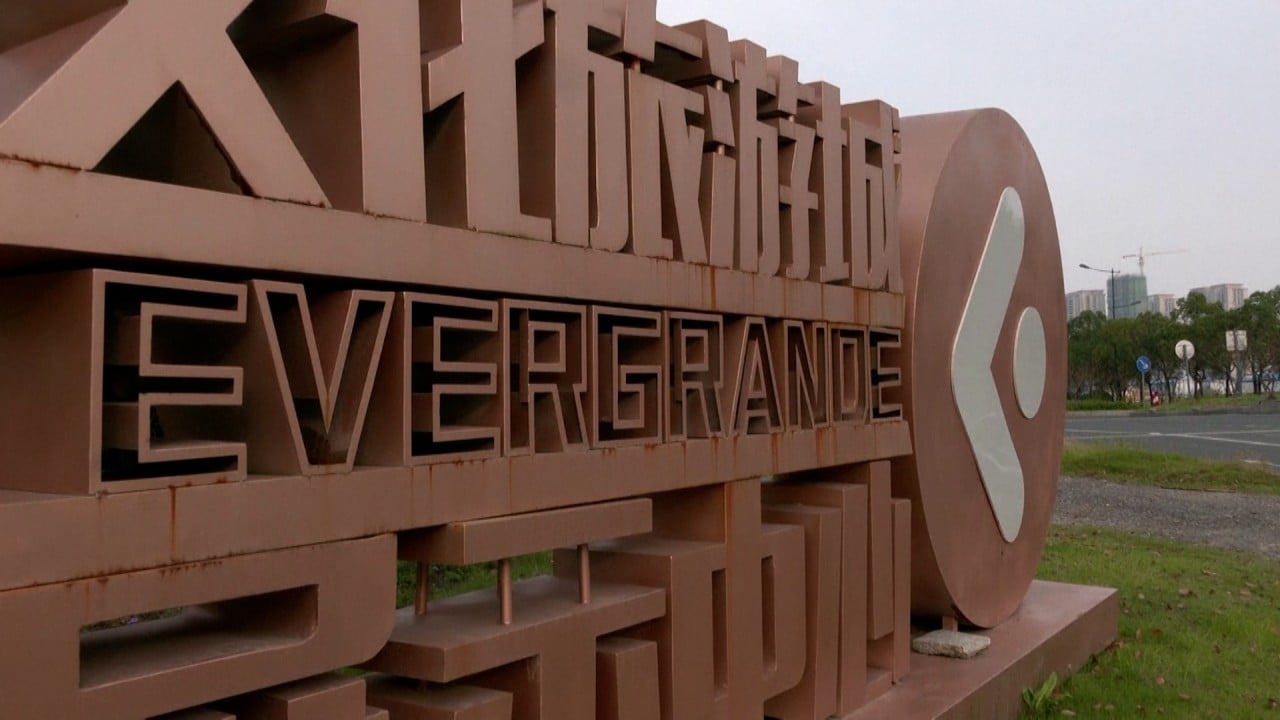Evergrande to work on US$260 million of debt obligation under state supervision as it runs out of cash
- Billionaire Hui Ka-yan, the controlling shareholder of China Evergrande, has been summoned by the Guangdong government to discuss his company’s liquidity crisis
- ‘There is no guarantee that the group will have sufficient funds to continue to perform its financial obligations’, developer says in late exchange filing

The Shenzhen-based company said it and its financial and legal advisers had been evaluating all available options and maintaining ongoing dialogue with offshore creditors to find a way out of its liquidity crisis.
Chinese billionaire Hui Ka-yan, the controlling shareholder of China Evergrande, has been summoned by the Guangdong government to discuss his company’s liquidity crisis. The government has set up a working group for the company.
“The Guangdong government is highly concerned about China Evergrande’s announcement,” the government said in a statement posted on its website.
“Per the company’s request … the government has agreed to send a working group to the company to supervise its risk management, strengthen its internal controls and to maintain normal operations.”
This would help reduce risks, protect different parties’ interests and maintain social stability, it added.
